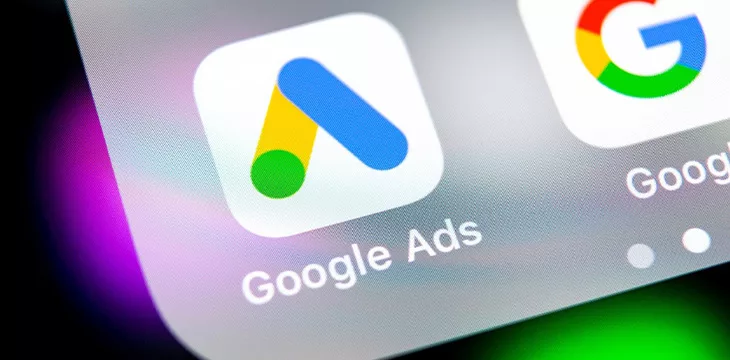|
Getting your Trinity Audio player ready...
|
Google (NASDAQ: GOOGL) will provide more details about the amount and nature of information it provides about advertisements targeting European users as it seeks to comply with the Digital Services Act (DSA).
The Act came into effect on August 25 as the European Union’s latest effort to rein in global tech companies and promote safer online environments. It requires massive platforms to remove harmful posts and give their users adequate means to report such posts.
DSA further prohibits targeted advertising based on a user’s religion, sexual orientation, political affiliations, or ethnicity. They must also be open about how their algorithms work and restrict ads to minors.
In a recent blog post, Google claimed that it already complies with the stipulations of the new act. It allows expert review of flagged content through its Priority Flagger program, blocks personalized ads to under-18 users, and increasingly shares additional metrics.
However, it will expand some programs to comply with the DSA, says Laurie Richardson, Google’s Vice President for trust and safety.
This includes expanding ad transparency and providing additional information on targeting for ads served in the EU. It’s also expanding data access for researchers probing how various services, from YouTube to Google Maps, work in practice.
The Mountain View, California-based behemoth is also launching a Transparency Center to avail information about its policies “on a product-by-product basis, find our reporting and appeals tools, discover our Transparency Reports and learn more about our policy development process.”
“And in line with Google’s founding goal of using technology to benefit the lives of people around the world, we will continue working to make the internet more transparent and helpful for all of us,” Richardson stated.
The DSA will initially only target “very large online platforms/search engines,” which must have at least 45 million users in the EU. It currently lists 19 platforms in this category, including Apple’s (NASDAQ: AAPL) App Store, Booking.com, Facebook (NASDAQ: META), TikTok, Twitter, and Alibaba’s (NASDAQ: BABAF) AliExpress. Google and Bing are the only search engines on the list.
Most companies on the list have pledged to comply and outlined their steps toward full compliance. Facebook says it’s expanding its Ad Library, which lists the ads it publishes, while Snap will give EU users the option of opting out of personalized feeds. TikTok is making its controversial algorithm optional for users in the region.
Watch: Patrick Prinz discusses BSV adoption in Europe

 08-11-2025
08-11-2025 





